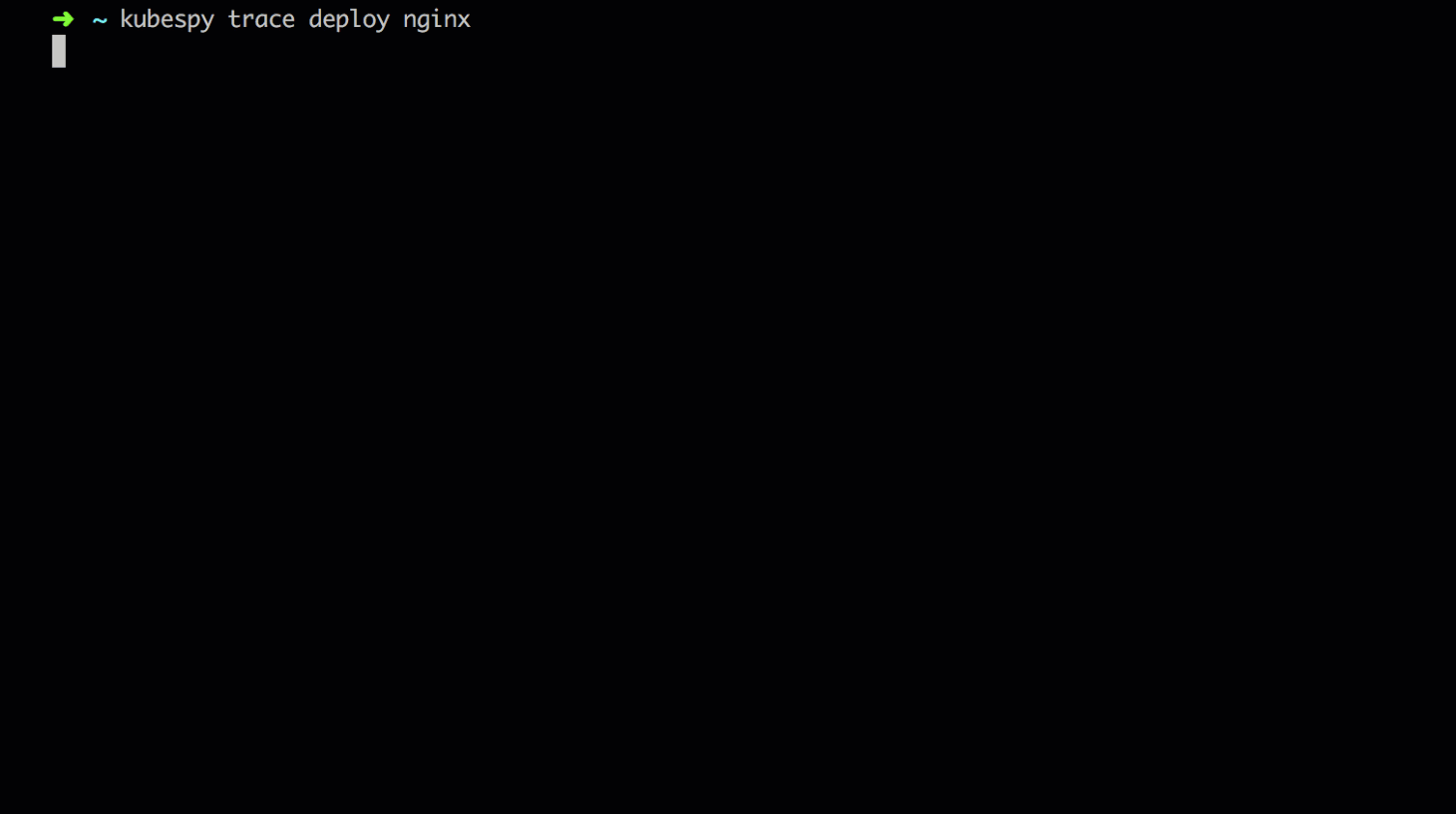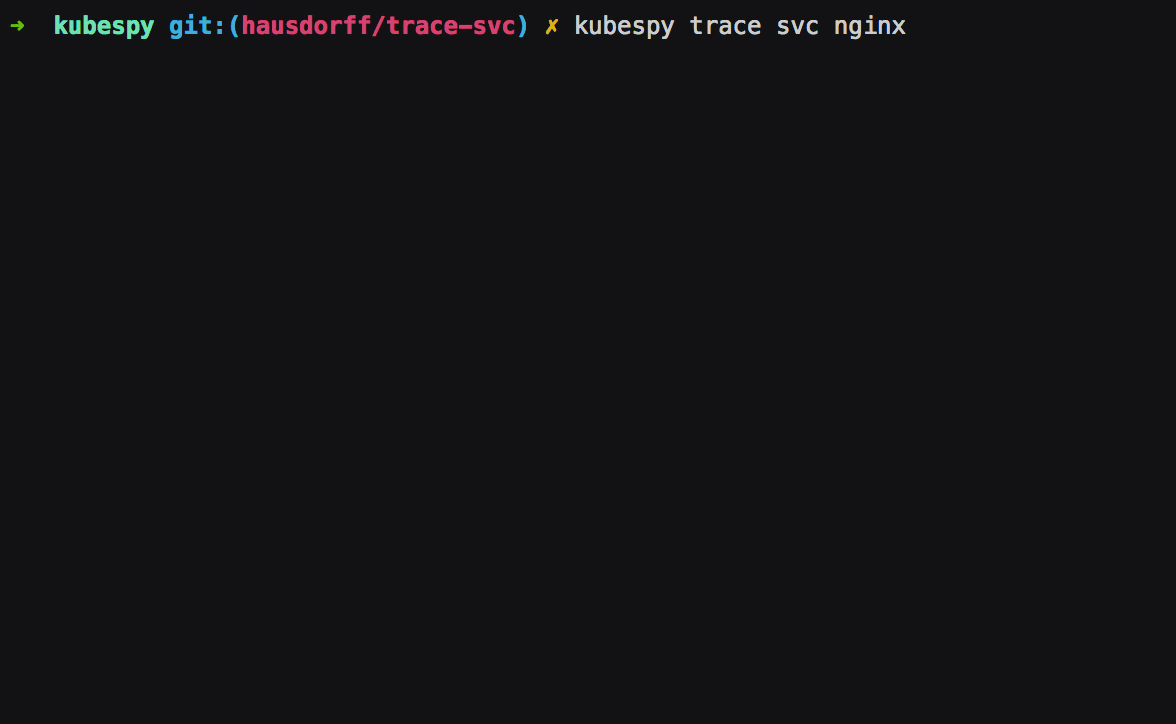Introducing Pulumi Query for Kubernetes

We often need answers to simple questions about Kubernetes resources. Questions like: How many distinct versions of MySQL are running in my cluster? Which Pods are scheduled on nodes with high memory pressure? Which Pods are publicly exposed to the internet via a load-balanced Service? Each of these questions would normally be answered by invoking kubectl multiple times to list resources of each type, and manually parsing the output to join it together into a single report.





